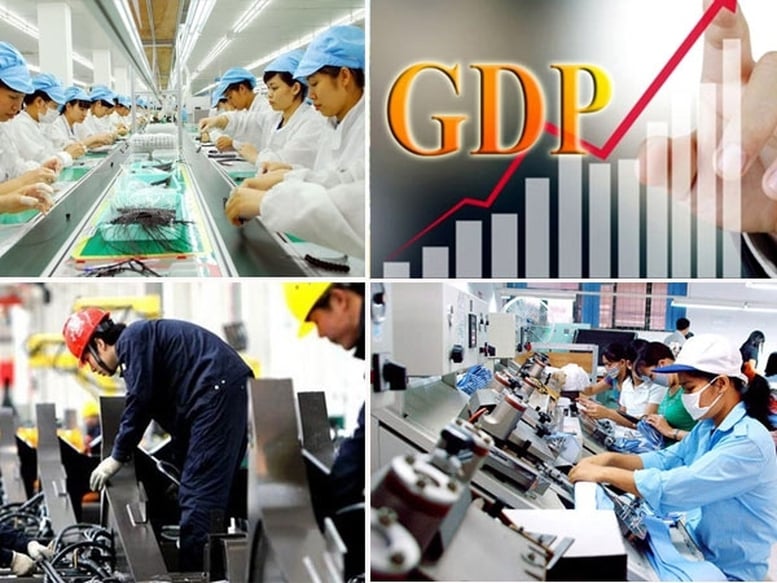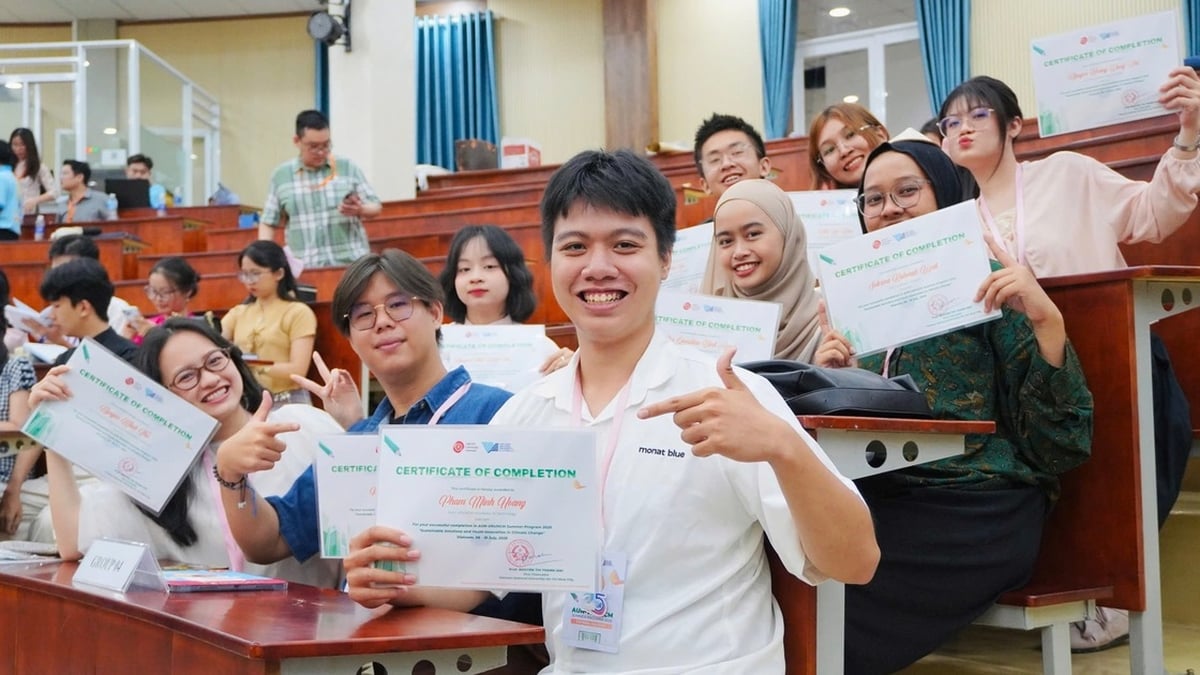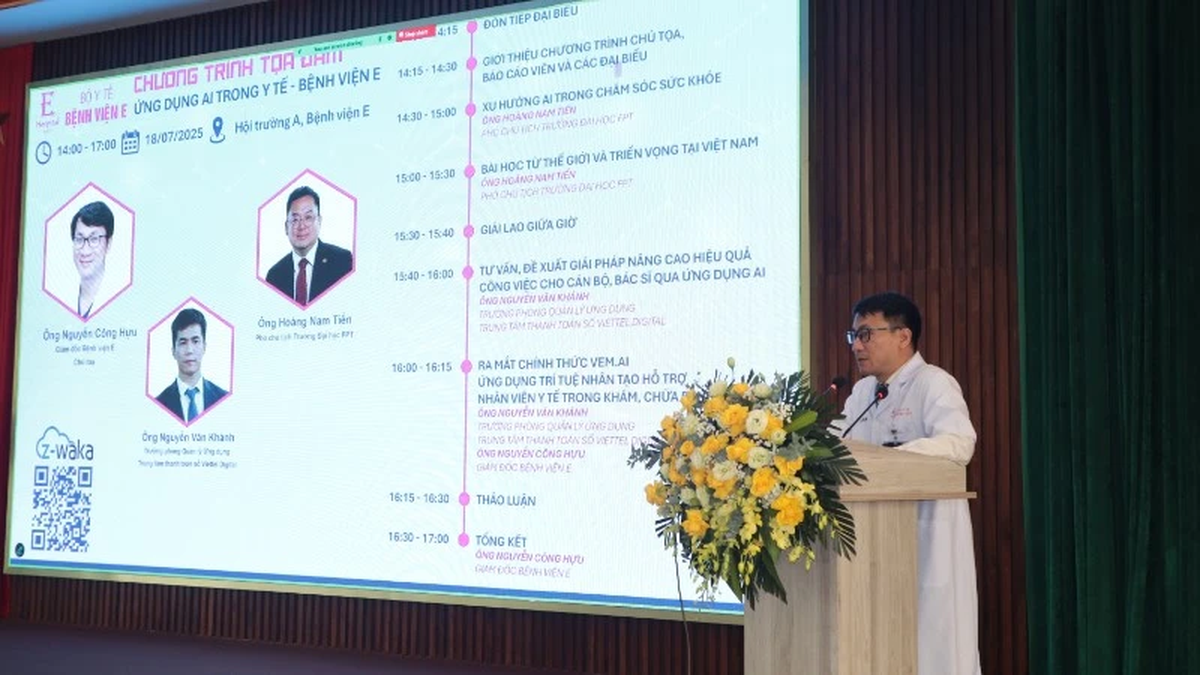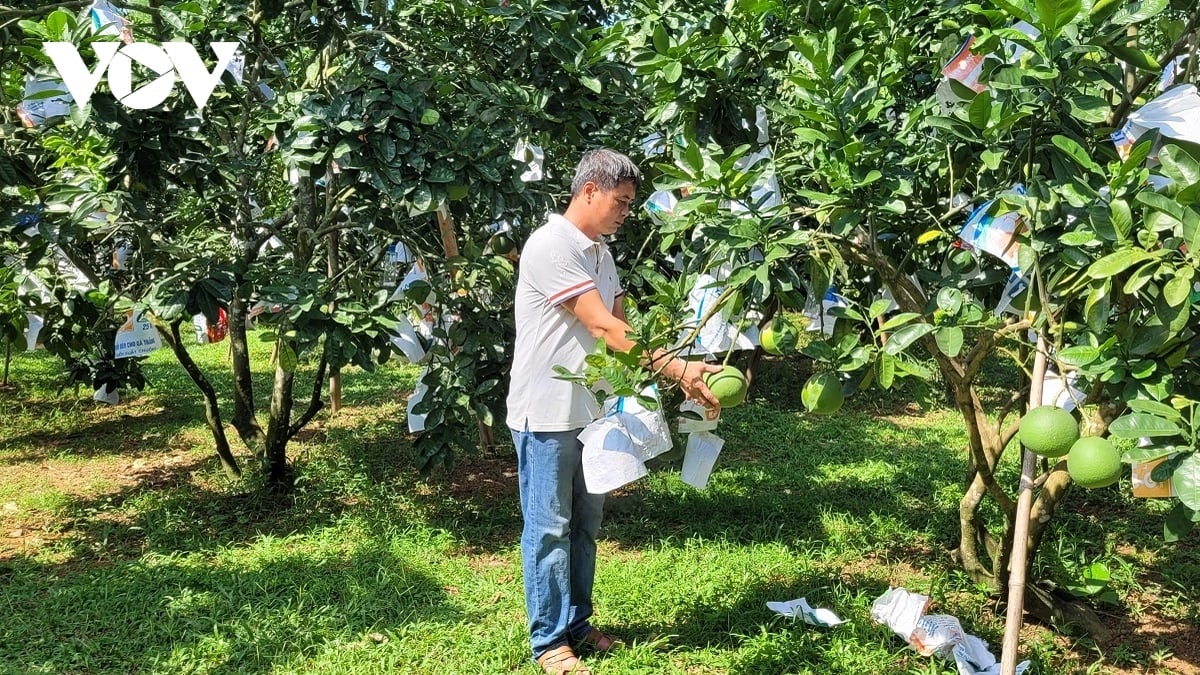
The State Audit Office must not only be large in scale, but also be strong in substance, effective and capable of leading other economic sectors.
Play a key role in key industries and fields
In the context of strategic competition between countries, disruption of global supply chains, and the widespread fourth industrial revolution, the State Audit plays an increasingly important role in ensuring energy security, food security, macroeconomic stability, and protecting national sovereignty . In particular, this sector is holding a pivotal role in key areas such as: energy, finance, telecommunications, strategic resource exploitation, national technical infrastructure development, etc.
Not only being the main production force, SOEs are also a tool to regulate the market, support the development of the private sector, and contribute to the implementation of sustainable development goals and social equity. The Party and the State clearly define the requirement: the SOE must not only be large in scale, but must also be strong in substance, effective, and capable of leading other economic sectors.
International practice shows that the establishment of an independent state capital ownership representative agency operating according to market principles is a common trend. Singapore is a typical example with Temasek Holdings operating as an independent investment group, with a stable return of 6-7%/year. South Korea and China have also built centralized, professional governance models, promoting innovation and digital transformation to improve the efficiency of state-owned enterprises.
Legalizing policies, removing institutional bottlenecks
From Resolution No. 3 of the 9th Central Committee (2001) on continuing to reorganize, innovate, develop and improve the efficiency of SOEs, to Resolution No. 12-NQ/TW (2017), our Party has always been consistent in its viewpoint: The state economy plays a leading role in the economy; SOEs must become an important material force, leading and supporting other economic sectors to develop together.
Law No. 68/2025/QH15, passed by the National Assembly and effective from August 1, 2025, has created a new legal corridor for the management and investment of state capital in enterprises. This law represents an important step forward in institutionalizing the Party's policy: increasing autonomy, increasing accountability, and separating the state management function and the function of representing state capital ownership.
In addition, Resolution 66/NQ-CP of the Government in 2025, promulgating the Program to reduce and simplify administrative procedures related to production and business activities in 2025 and 2026, aims to create more favorable conditions for production and business activities. In particular, the goal is to reduce at least 30% of administrative procedures related to production and business activities by 2030.
Currently, the Government is urgently completing the Project to submit to the Politburo on issuing a new resolution to develop SOEs in the coming period, with the goal of removing bottlenecks, creating breakthroughs in mechanisms and policies to create a transparent, competitive and equal business environment; to improve the operational efficiency of SOEs. This resolution is expected to establish a new strategic orientation, create a synchronous policy corridor so that SOEs can truly become the main material force, play a core role and mission, lead other economic sectors and have a breakthrough and substantial development in the coming time.
Many "bottlenecks" in state-owned enterprise operations
According to the report of the Ministry of Finance, in 2024, the country will have 671 state-owned enterprises, including 473 enterprises in which the State holds 100% of the charter capital and 198 enterprises in which the State holds more than 50% of the charter capital. In 2024, the total assets of state-owned enterprises will reach more than 5.6 million billion VND, equity will reach nearly 3 million billion VND, total revenue will reach nearly 3.3 million billion VND, and pre-tax profit will reach more than 227 thousand billion VND.
In the context of the complicated and unpredictable developments in the world and domestic economy, the role of the state-owned enterprise sector has once again been affirmed and promoted as an effective tool for the State to regulate and stabilize the macro-economy, create motivation, lead and develop enterprises in other economic sectors, support and overcome shortcomings of the market economy, and contribute to promoting the socio-economic development of the country.
However, in reality, in recent years, the state-owned enterprise sector has also revealed many shortcomings. The average ICOR of state-owned enterprises is 6.1, much higher than that of the private sector and FDI enterprises.
Many projects invested by SOEs are still behind schedule, over budget, inefficient, and wasteful of resources. In terms of corporate governance, many SOEs still maintain an administrative management model, failing to fully apply advanced governance practices; digital transformation is slow, and data is fragmented.
The progress of equitization and divestment from non-core sectors is slowing down. In the period 2016-2023, the country has only successfully equitized 36 enterprises. The main reasons are problems with land law, asset valuation and fear of risks during implementation.
Regarding ownership organization, after the State Capital Management Committee at Enterprises (CMSC) was dissolved in March 2025, the Ministry of Finance was assigned to represent the capital ownership at 18 state-owned corporations and groups. However, the clear division of roles and coordination mechanisms between the Ministry of Finance, SCIC and ministries and branches is still in the process of being finalized.
Key solutions
To promote the role and improve the effectiveness of the State Audit, I think it is necessary to focus on implementing a number of key solutions:
Institutional improvement: Effectively implement Law No. 68/2025/QH15; separate state management from capital ownership representation; build a professional and transparent organizational mechanism in state capital management.
Innovation in corporate governance: Apply international practices in corporate governance, build a transparent KPI system; link individual responsibility with production and business results.
Accelerate equitization and divestment: Focus on divestment from non-essential industries, remove legal obstacles, and apply market pricing to avoid loss of public assets.
Digital transformation, promoting innovation: Prioritize investment in core technology and digital platforms; encourage the construction of research and innovation centers in state-owned enterprises.
Decentralization with accountability: Decentralize the management of SOEs to localities appropriately, but go hand in hand with improving responsibility and monitoring effectiveness.
In the new development context, the State Audit with the core force of State-owned enterprises still plays a fundamental role in socio-economic development. However, for this sector to truly play a leading role, there is no other way but comprehensive restructuring: operating according to market principles, modern, transparent and professional management.
The successful lessons from the SOE models of Singapore, South Korea or China are valuable experiences for Vietnam to refer to, thereby building a dynamic and effective SOE sector that truly becomes an important material force, leading the development of other economic sectors. Only then can the State economy fully fulfill its mission as a "solid foundation" in a socialist-oriented market economy.
Nguyen Phu
Source: https://baochinhphu.vn/nang-tam-doanh-nghiep-nha-nuoc-dong-luc-moi-cho-kinh-te-viet-nam-102250718135341189.htm





























































































![[Infographic] In 2025, 47 products will achieve national OCOP](https://vphoto.vietnam.vn/thumb/402x226/vietnam/resource/IMAGE/2025/7/16/5d672398b0744db3ab920e05db8e5b7d)





Comment (0)